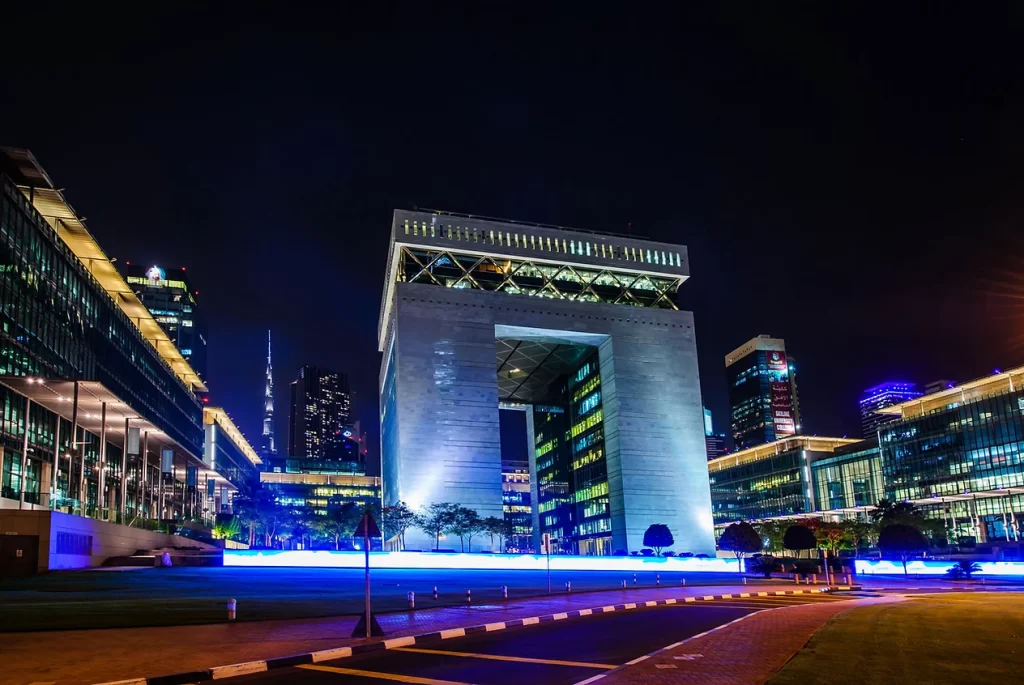
Understanding DIFC Wills And Probate
The Dubai International Financial Centre (DIFC) offers a unique legal framework for wills and probate, designed to cater to the needs of expatriates and investors. Understanding this system is vital for ensuring your estate is managed according to your wishes. Here’s an overview of the DIFC Wills and Probate regime:
What is the DIFC wills and probate registry?
The DIFC wills and probate registry provides a legal framework for expatriates residing in the UAE to draft and register their wills. Established in 2015, this registry operates under DIFC Law No. 15 of 2014, allowing for a clear process of managing and distributing estates according to the terms set out in the will. It ensures that the estate is handled efficiently and transparently.
Why opt for a DIFC will?
Legal certainty: DIFC wills provide expatriates with legal certainty, as they are governed by DIFC laws rather than UAE federal laws. This is particularly important for expatriates who want their assets to be distributed according to their home country’s legal principles.
Asset protection: A DIFC will can cover various types of assets, including real estate, bank accounts, and investments, ensuring that your estate is handled according to your wishes.
Avoiding sharia law: Without a DIFC will, your estate may be subject to Sharia law, which might not align with your personal or familial preferences. A DIFC will allow for the distribution of assets in line with your specific wishes.
A key feature of the DIFC wills and probate registry system:
Clear process: The DIFC Wills and Probate Registry offers a streamlined process for will registration, making it easier to ensure your estate is managed as you intend.
Probate court: The DIFC Courts have a dedicated Probate Court to handle matters related to wills and the distribution of estates. This court ensures that all procedures are followed and any disputes are resolved fairly.
Testamentary freedom: You have the freedom to decide how your estate is divided, whether it’s among family members, friends, or charitable organizations. This flexibility is a significant advantage over other legal frameworks.
Registering a DIFC will:
Consultation: It’s advisable to consult with a legal expert familiar with DIFC laws to ensure your will is drafted accurately and meets all legal requirements.
Registration: Once your will is drafted, it should be registered with the DIFC Wills and Probate Registry. This step formalizes the document and ensures it is legally recognized.
Updating your will: Regular updates to your will are recommended, especially after major life events such as marriage, divorce, or significant changes in your assets.